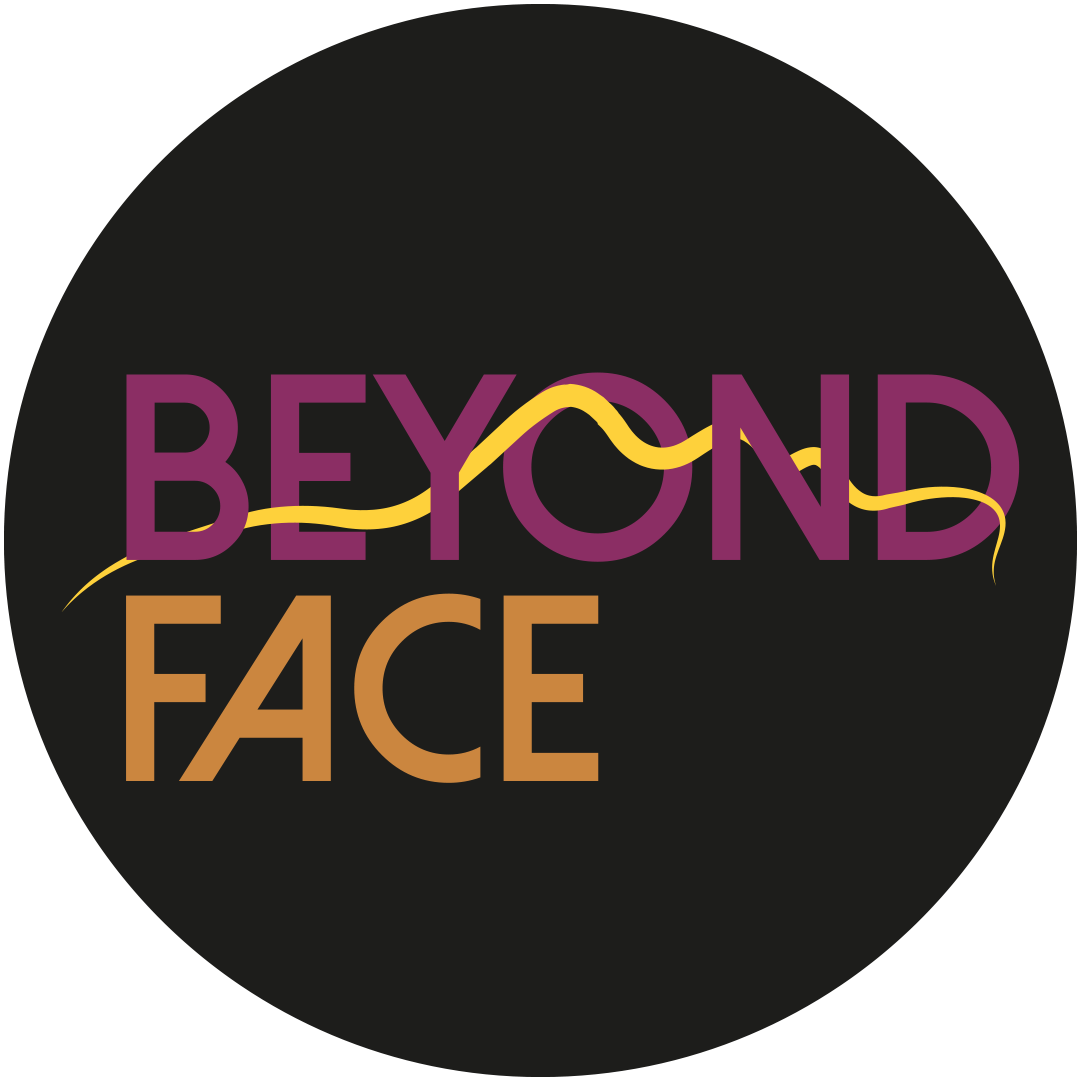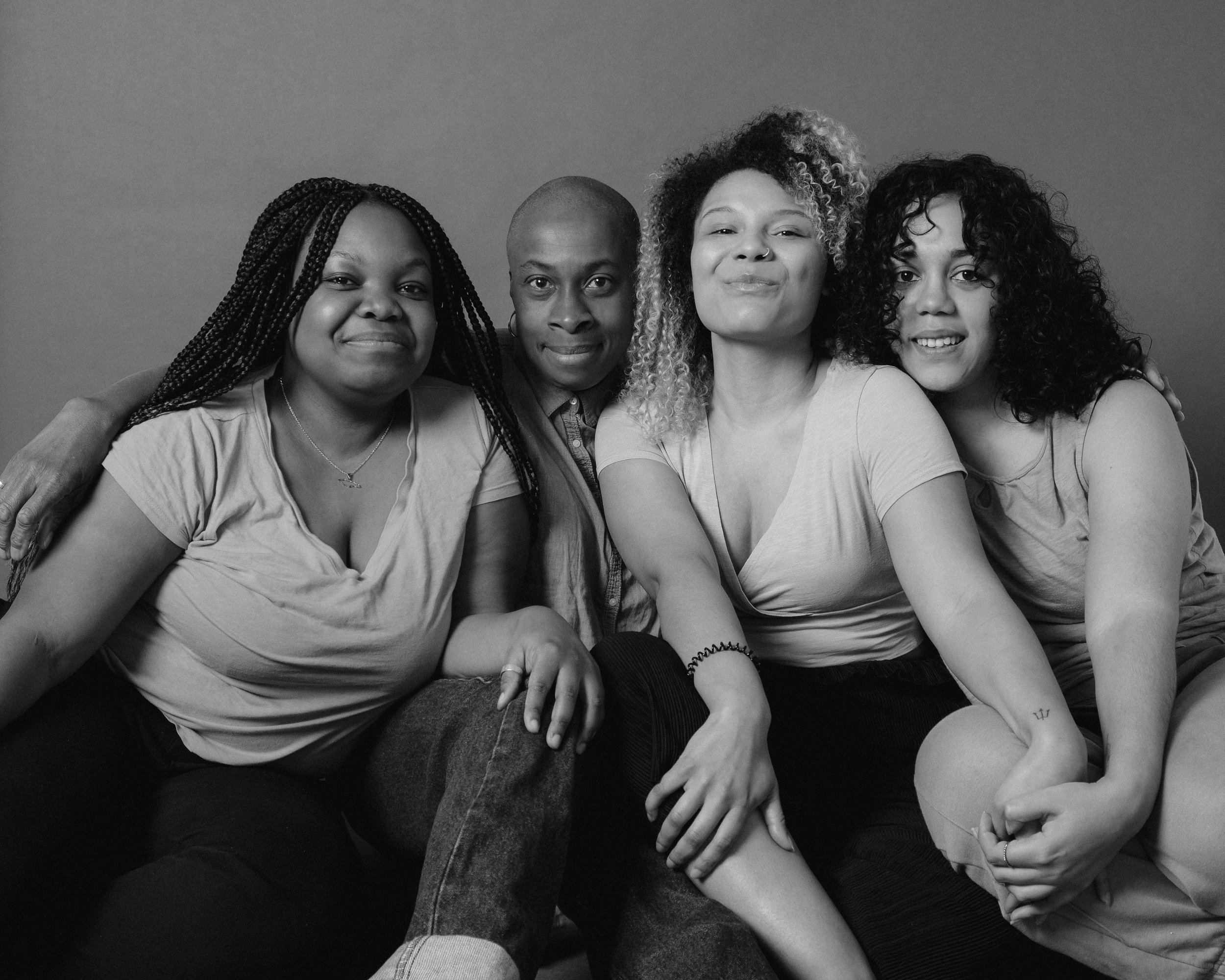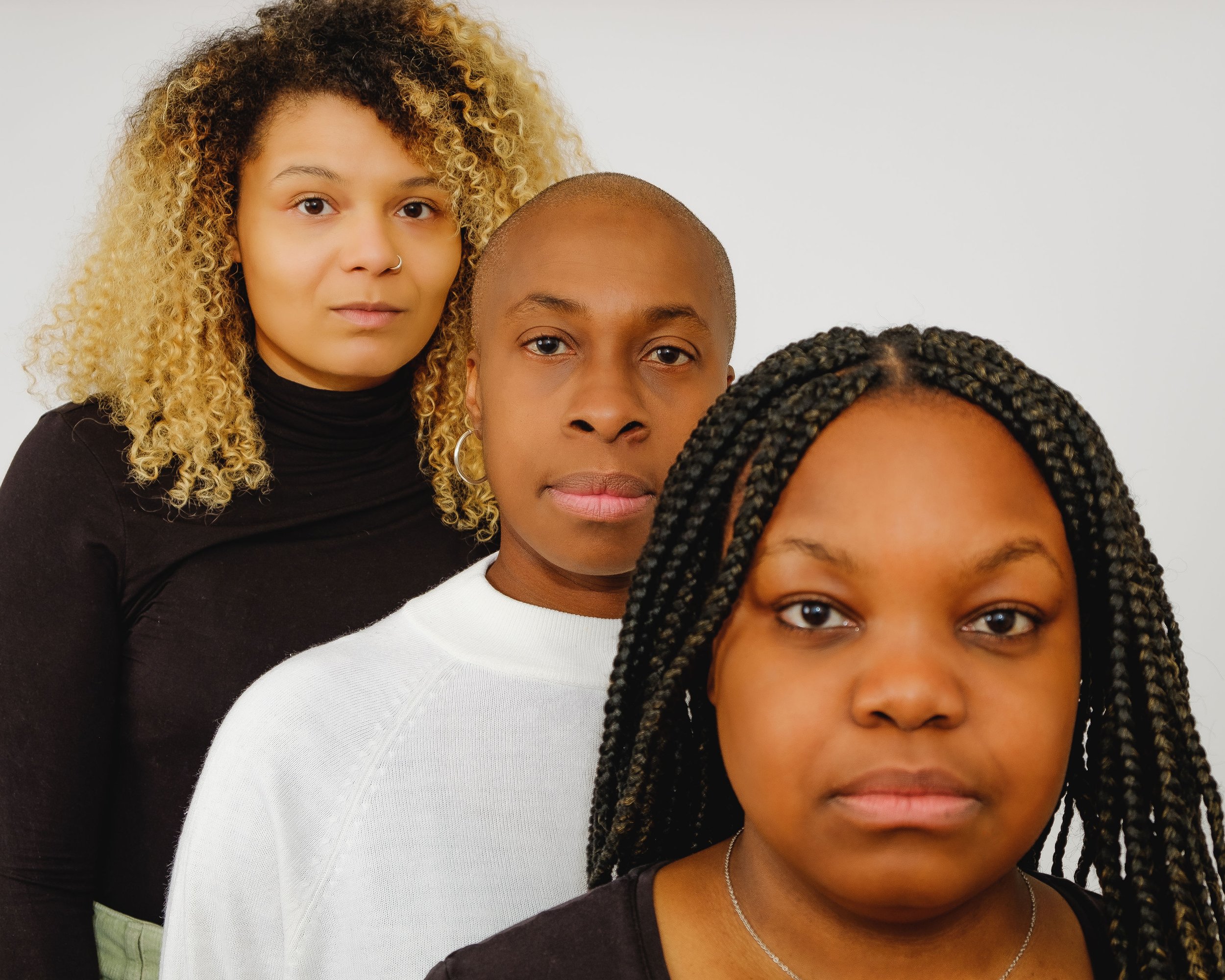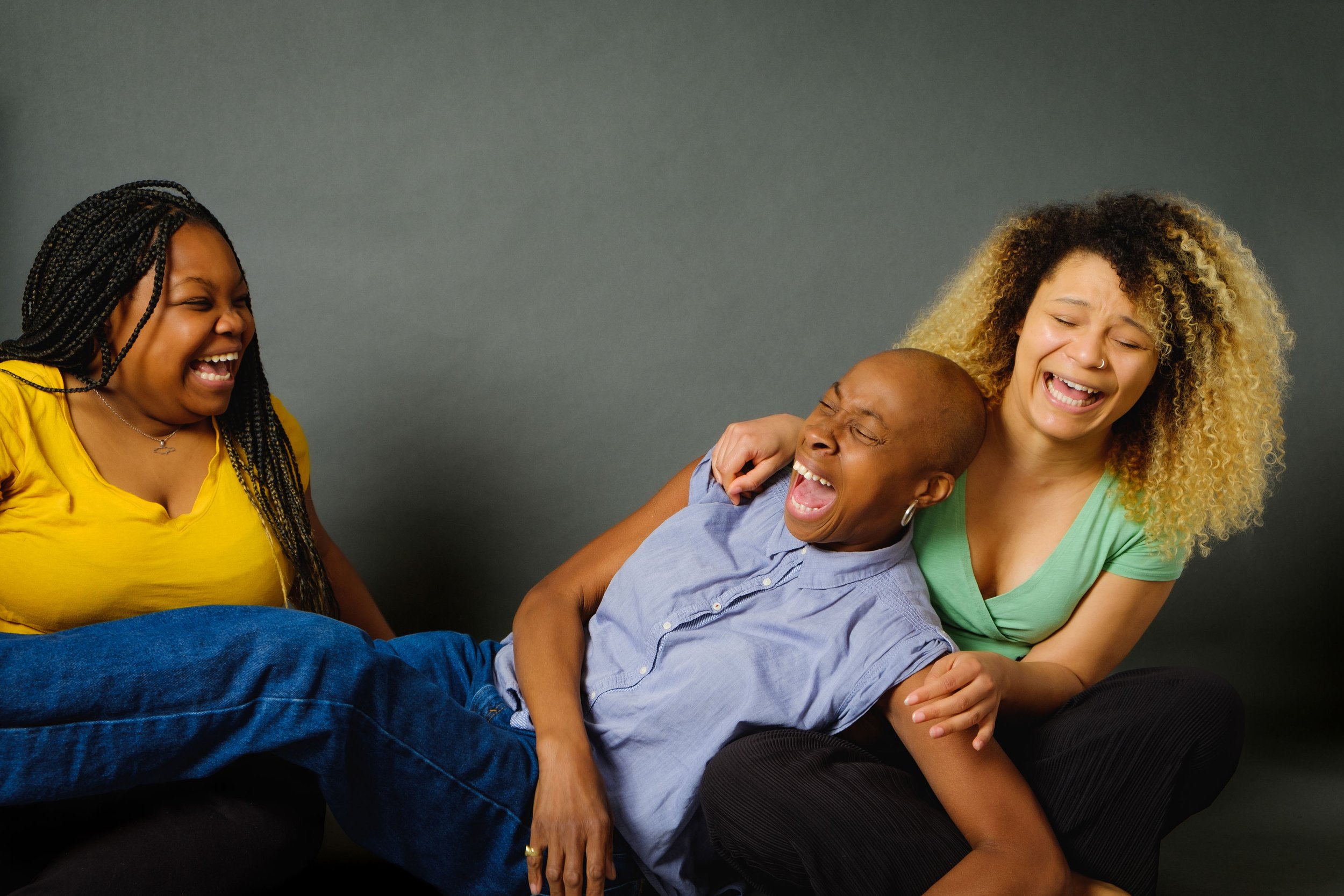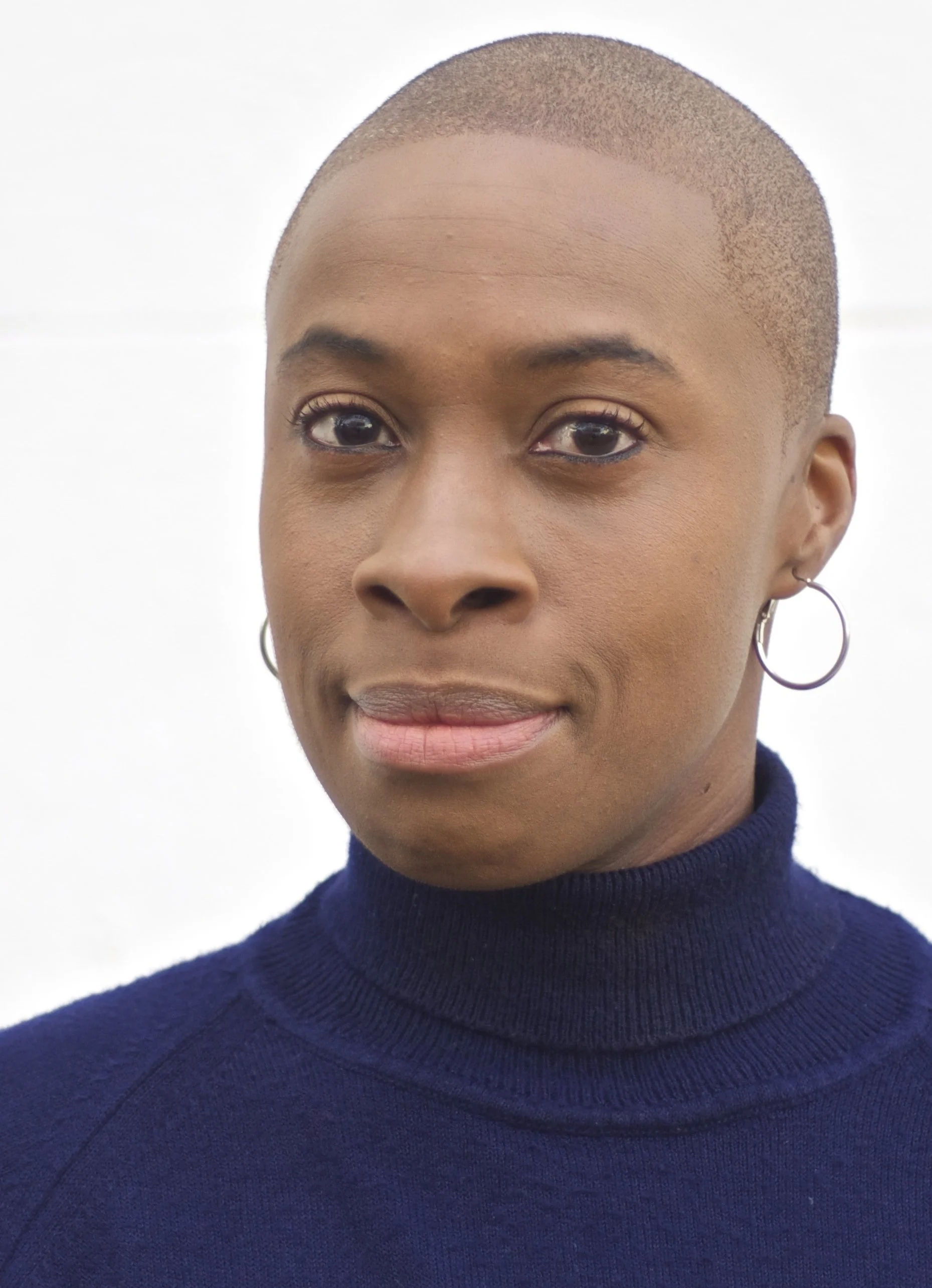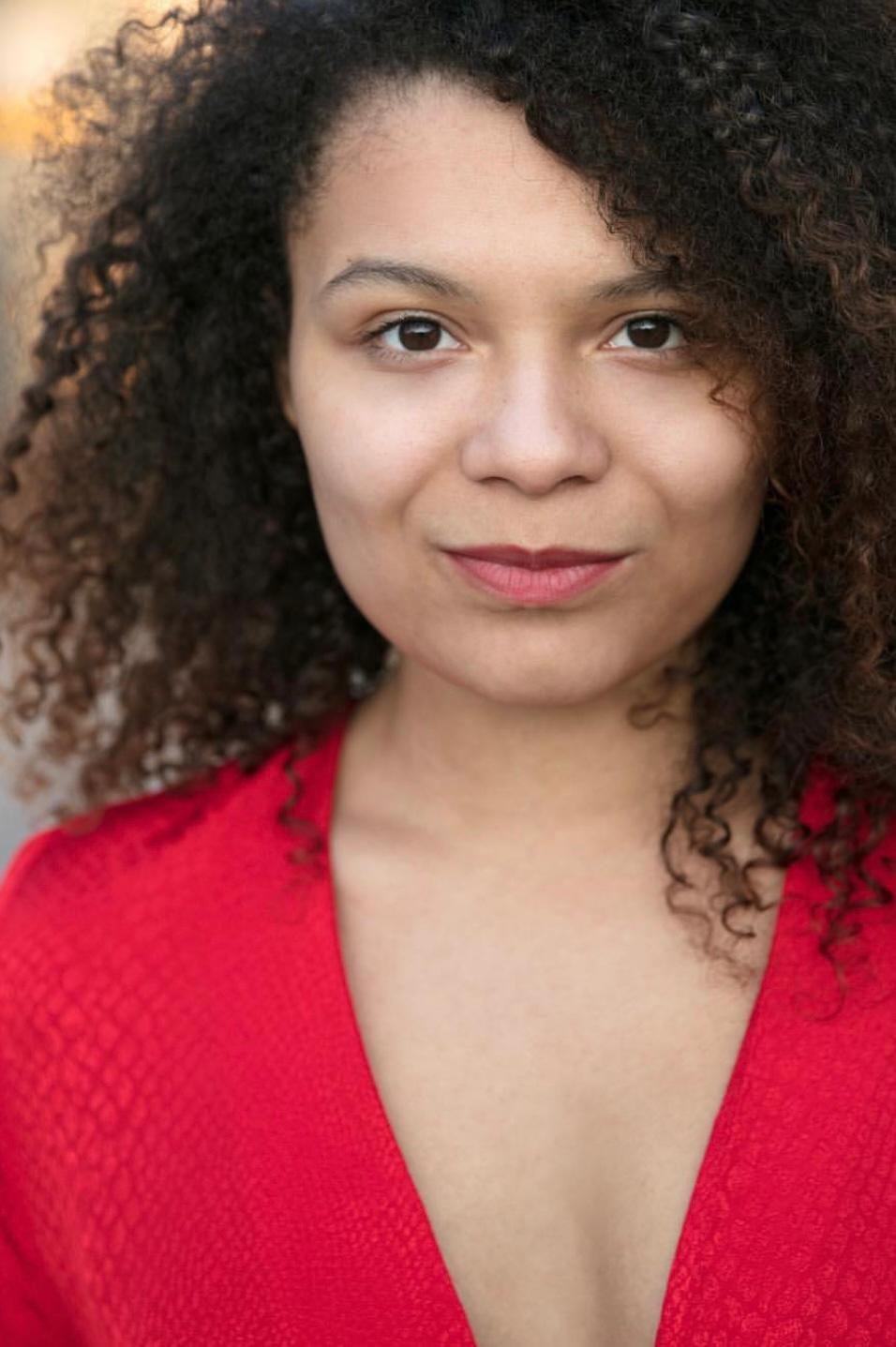‘Bigger than Lyrics’ post-show thoughts
On March 22nd after our Bristol performance of Bigger than Lyrics at Tobacco Factory Theatres, Euella Jackson hosted a post-show discussion with the performers and some of the creative team. It was a chance to talk more about the themes explored, how movement and image was incorporated into each track, the idea behind the name and more. Below you can find the highlights of our conversation and learn more about this developing production!
“There's something really freeing about thinking about little stories or little moments that are so much bigger. And when you look at how to create a concept album the idea is that the concept has to be bigger than the lyrics.” - Alix Harris, writer and director
Euella Jackson, host: Hi Erin! I want to hear a little bit about what that process of projection and creative direction was like?
Erin Guan, production and costume designer:
So much of this piece is about living in the South West. Growing up in a place that feels like it's not a big city, but also like you're kind of in this in-between space. It feels a little bit reminiscent of the past as well. We also talked a lot about music videos of the 90s and 2000s. A lot of the visuals have inspirations from that time that feels a little bit like you're watching your memory. So there's a lot of things that are piecing together collages, slideshows, music videos. It's almost like a memory box that you keep under your bed, then you open it and there’s this construction of who you are inside.. So that's where all of these things have come from. But obviously, individually, everything is in response to that track itself. For example, for the track Finding Hope we were just gathering pictures of something that makes you feel hopeful.
Euella Jackson, host: I want to kind of hand it over to you [the performers] how has this project been for you? What drew you to it?
Kemi Coker, actor:
For me, I'm not the best with change, so the track Finding Hope is something that makes me think that to change you have to be brave. My character is somebody who wants to step out and say, “right, I've had enough of this I've got to move on.” It makes me think: How long does it take us to change? And what do we have to give up? What do we have to look forward to?
Shiquerra Robertson, actor:
It was the indecisiveness that resonated with me, particularly with the characters that I was playing. My characters were on the edge of doing something.
Shiquerra is discussing a track surrounding changing environments and trying to answer the question of “where is “home”.
I've personally moved around quite a lot and I feel like everyone has that in them where they feel like they should be somewhere else. Or you think about where you have been ad where you are going. You're at a crossroads where environments can resonate with you, but then it's like, “Are they permanent environments? Are there bits of the environments that you keep with you?” That's the stuff that resonated with me.
Corinne Walker, actor:
I found it really refreshing, being a part of this process. I came on board with the first R&D that we did in London at the end of 2021. When we first started, I was kind of like, “what is this gonna be?” I feel like it's had such an evolution. It’s been good to explore what it is like to be an artist from the South West. I’m from Bristol and you feel especially as an artist that you have to go to London to succeed. What does it mean, if you make that choice? To stay in the South West? And go, “No, I'm gonna try and be an artist here because why not? Why am I forced to move to pursue my passion?” I think it's great to be able to be part of a production that explores those themes. And I don't see that much on stage. And so it was great to be able to have that track by track exploration and boost themes about different things. But all being rooted in the environment of the South West perspective, those stories don't get heard that much.
Euella Jackson, host: I really strongly found that it felt rooted in the South west. And, you know, for you Alix, why did it feel important in terms of exploring the environment of the South West? The kind of specifics of the South West experience? Why was that important for you to tell?
Alix, writer and director:
Similar to what Corinne’s saying I never Weston Super Mare on stage or Cornwall, North Devon, you know. I'm from Plymouth originally and people think it's Portsmouth. So I think it just feels really important just in terms of language, to be able to really simply hear places that we've all grown up in. I think I have a responsibility with the company and what we're about to make sure that the work is reflective of that, and the people that we work with. I think I'm not very good at waving the flag positively from the South West because I've had such negative experiences. So I have had to check myself and so it's taken a little bit of reframing for me so that then I can be better at celebrating being here.
Euella Jackson, host: How was this process for you as movement director with the different tracks, energies, feelings and themes. How did you approach bringing that to the stage?
Yami Löfvenberg, movement director:
The track Glitter for me is about people just dancing in the room and living their best life in their bedrooms. Like a song. I think we all have a connection to a video or something that we know the routine or steps to. I just saw Glitter as this repetitive learning of a routine to the point where you just don't care anymore and just enjoy the movement. Then the scene at the table for me was about the comfort of knowing exactly where mum sits, dad sits or grandma sits when they come and visit or whatever. For me it was like cooking but with movement, you know?
All of the stuff that I approach it with was always in terms of thinking how do we move with a track rather than making a long scale musical? That was hard for me to challenge myself. But I think it's good to challenge yourself as an artist. Working with incredible actors alongside different types of movement and different kinds of expression. We had some great warm ups all the time just dancing and enjoying.. I think that's important to just be free. You know, that's what music is to me, freedom.
